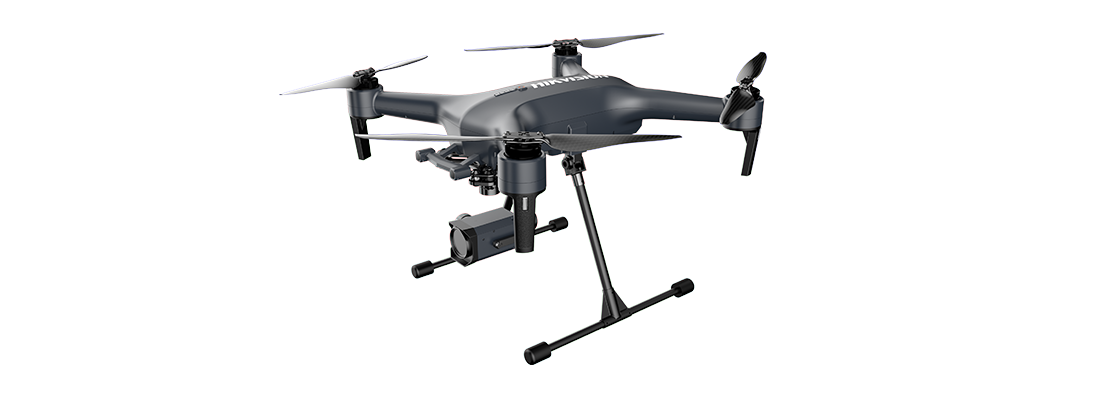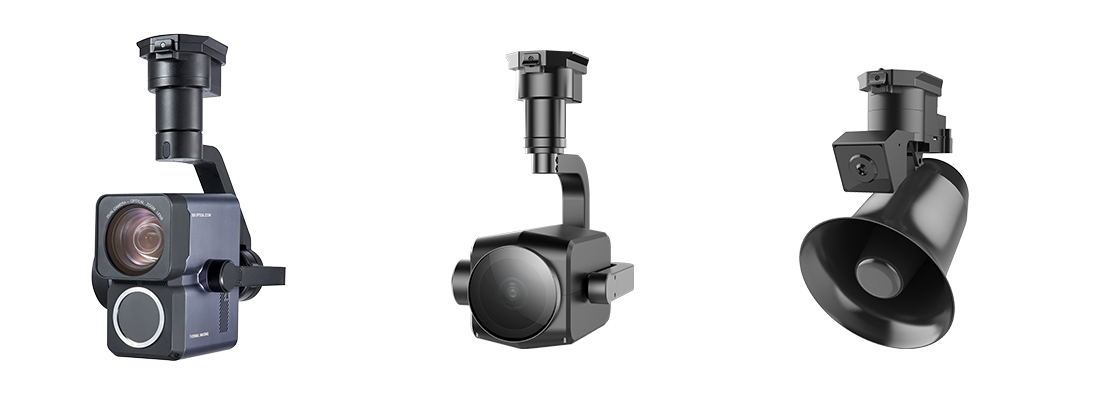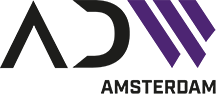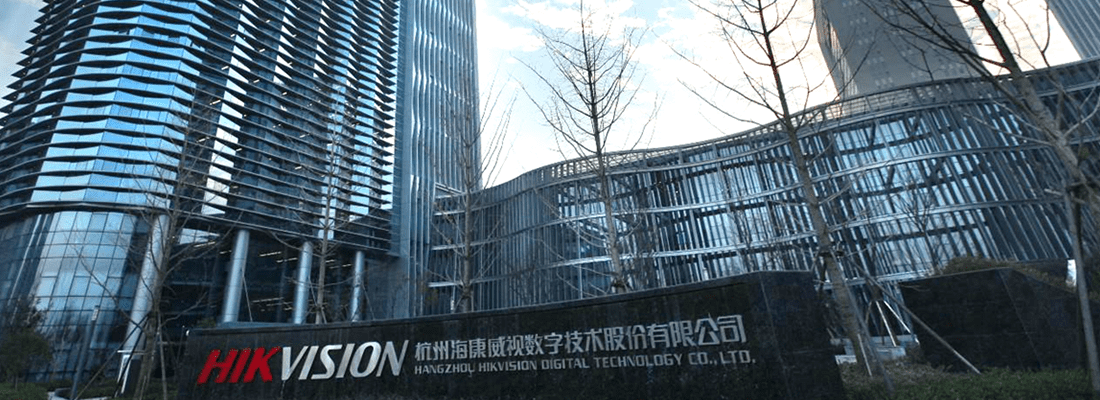From 3D monitoring to AI Cloud
Amsterdam Drone Week is working with numerous partners from around the world and it is our mission to bring together the brightest and most innovative minds of the UAV industry. We are constantly on the lookout for inspiring stories and innovative applications and strive to share with the world what good drones can do. This week we spoke to Hikvision.
Hangzhou Hikrobot Technology Co., Ltd. (Hikrobot) was founded in 2016. Originated from the Machine Vision business unit of Hikvision, Hikrobot has become a global developer and supplier of mobile robot, machine vision products and algorithm platforms.
Amsterdam Drone Week: What is your vision when it comes to the UAV industry developments, between now and the next 5 years?
Hikvision: As the UAV market continually expands, EVTank estimated that the global UAV market will reach 25.9 billion USD by 2020. The vast market opportunities attracted more players, but at the same time, challenges coexist with the opportunities.
In terms of the opportunities, firstly is management. The increasing number of drones prompted countries to include UAV in their governance scopes in order to promote an orderly and healthy UAV industry development. Next is market. With its popularity, users become more familiarized with UAV which promoted industry advancement and survival of the fittest competition. Thirdly, continuous advancement in complementary technologies such as multisensor fusion, high-performance processing chips, and new energy technology upgrade drones' functionality so that they can fly more stably and safer and have wider and more mature uses.
In terms of challenges, UAV is an emerging industry. It is a system including many stages such as aircraft hardware, data, production, and software. Most companies only imitate and assemble the products. Very few companies have indeed mastered independent research and development on entire system's core modules. This is not beneficial to the entire industry's innovative abilities. UAV systems also include energy and material industries. It needs to borrow the technology from these fields to promote a healthier development. For example, power source is an important part of the UAV. It determines the operational capacity of a UAV. The future breakthroughs in fuel cell technology will also further UAV's development.

Amsterdam Drone Week: In what way do you think drone technology & innovation changes the world?
Hikvision: In the recent years, with the continuing advancement in UAV technology, UAV is widely used in film photography, agriculture, power grid inspection, law enforcement, fire rescue, disaster relief, logistics, border patrol, traffic patrol, field rescue, and environment monitoring industries. “UAV + industry application” has a bright future ahead. The advent of UAV changed many industries' traditional operations, increasing technological efficiency and economic effectiveness, reducing cost and labor, as well as protecting staff's safety. For example, in power grid inspection, a wide use of drones replaced manual inspection. The new technology greatly increased inspection efficiency and reduced labor costs. In fire rescue, drones fly to places that humans cannot reach to help on-site rescue personnel and commanders in assessing the fire, making firefighting and rescuing solution, and assisting in the rescue.

Amsterdam Drone Week: What are your short and long term goals in terms of developing UAV's?
Hikvision: In the beginning of its UAV production, Hikvision's original intention was in 3D security. It wanted to meet the client's demands for 3D monitoring. With the company's upcoming AI Cloud concept and as an important peripheral node for AI Cloud, UAV not only obtains video information from high-altitude perspective, it is also complemented by AI's capability. It recognizes and compares human faces, bodies and vehicles. The seamless connection formed multi-perspective land monitoring equipment, platform and high-altitude UAV, which gradually matures into an intelligent and systematic UAV solution.
Hikvision's market segment is in professional industrial UAV by providing professional security monitoring services. UAV is not only used in data collection. A more important question is how to use the data to meet the clients' real demands. Hikvision will continue its industrial UAV path by specializing in UAV's industrial applications.
Hikrobot has nearly 1,000 employees across the world (figures from May 2018), of which about 800 are research staff. Meanwhile, it also shares technology with more than 10 thousand research fellows of Hikvision and Hikvision Research Institute. Supported by Hikvision's accumulated technology in image sensing, AI, and big data analysis, Hikrobot develops business areas including Mobile Robot, Machine Vision, and Industrial Unmanned Aerial Vehicle (UAV).
Share your story with us
Do you have knowledge on current air solutions, potential innovations and vital regulations you would like to share with the UAS community? The Amsterdam Drone Week website and social media channels are a great platform to showcase your stories!
Please contact our Brand Marketing Manager Hilke de Vries.

